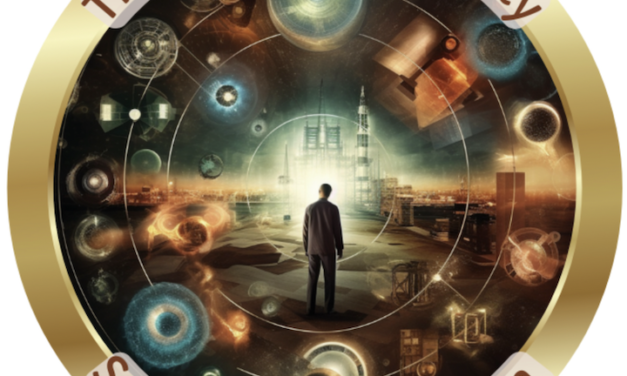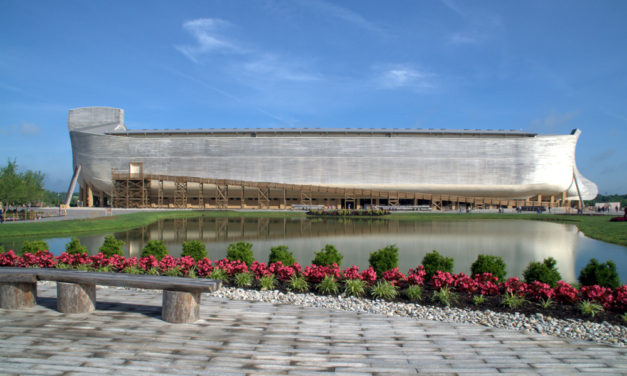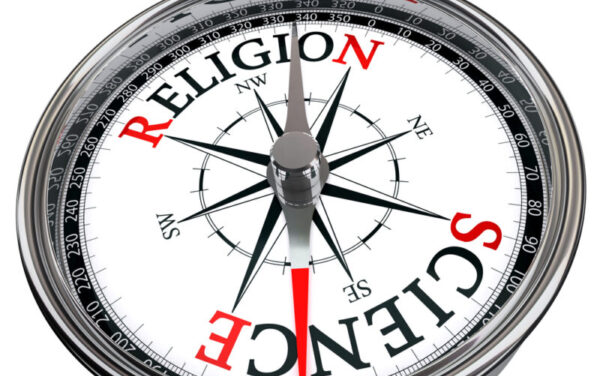From Pythagoras to Particle Physics: Understanding and Questioning Western Intellectual History
Explore the intricate evolution of Western intellectual history in this 14-module seminar series turned article, ‘From Pythagoras to Particle Physics: A Journey through Western Thought.’ Discover how ancient Greek philosophy laid the bedrock for modern scientific inquiry, ethical frameworks, and democratic governance. Dive into pivotal moments in history, from the Renaissance to the Enlightenment, and examine the challenges and opportunities posed by the Anthropocene epoch. This comprehensive overview offers thought-provoking insights into how the West’s intellectual trajectory has shaped our world, and critically assesses the future of democracy in light of emerging philosophical perspectives and real-world governance innovations.
Read More





